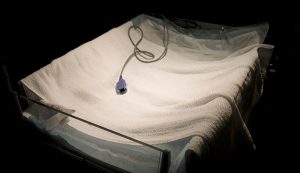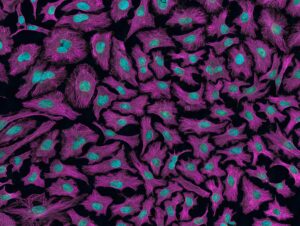
CNN has found itself caught up in a complicated libel case after an investigative story it ran in 2015 about the congenital cardiac surgery program at St. Mary’s Medical Center in West Palm Beach, Fla. You can read an excellent summary and discussion of the whole mess in a CJR piece written by Trudy Lieberman a month after the original story went live.
But the statistics at the heart of the dispute are related to data collected by the Society of Thoracic Surgeons (STS). The Medical Studies Core Topic section of the AHCJ website now includes a set of bullet points on what the STS National Database is, what it includes, how its data are used in medical research and the limitations that researchers — and therefore journalists — need to consider.
Like many of the surgical databases researchers use in conducting studies, the STS data can only be used in retrospective, observational cohort studies. Because it has so many records (more than 6 million), journalists should check to be sure the researcher has very clearly defined what their exposures and outcomes/endpoints are and accounted for confounders. Such a large data set can lend itself to p-hacking or simply finding statistically significant findings that lack any clinical significance.
We’ll continue to add to the collection of database considerations in this section, so any time you’re working on a study that uses data from a surgical database, drop by the site and see if we’ve covered the database used in the study. Perhaps you’ll get ideas for questions for the researchers or outside sources or notice a discrepancy in the study that requires a bit more investigation.









